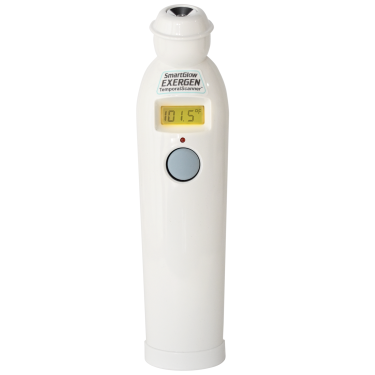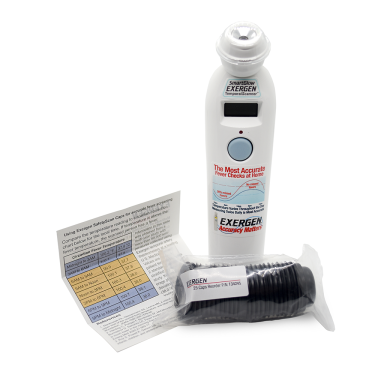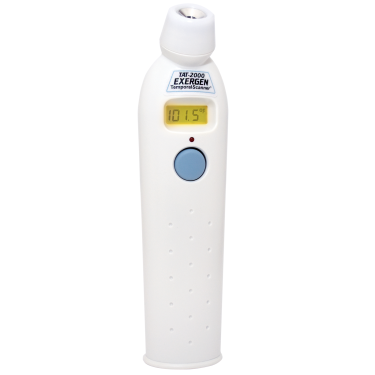Did you know that three out of five deaths are linked to an often-overlooked condition in the body? It’s called chronic low-grade inflammation, and it’s quietly becoming one of the biggest threats to public health today, explains Belgian researcher Len De Nys.
Unlike the sharp, intense inflammation that accompanies an injury or infection that is often marked by fever and pain, chronic inflammation is slow, persistent, and largely invisible. It can smolder in the body for years, damaging tissues and organs without obvious symptoms. Over time, it can lead to health like cardiovascular disease, type 2 diabetes, neurodegeneration, inflammatory bowel disease, lung conditions, obesity, and even certain types of cancer.
Len De Nys, health scientist and physiotherapy lecturer at the Vrije Universiteit Brussel (VUB) in Belgium, compares it to “a smoldering fire that never quite dies out.” It doesn’t cause immediate harm, but unchecked, it can cause long-term damage that builds silently over time.
What Triggers Chronic Inflammation?
The causes are numerous and often interconnected. While genetics and unresolved infections play a role, lifestyle and environment are key contributors. Chronic stress, poor diet, air pollution, exposure to toxins, and even loneliness are all known to trigger or aggravate systemic inflammation.
One of the more surprising insights comes from studies of communities in the so-called “blue zones” regions where people routinely live past 90 in good health. These populations benefit from close-knit social structures, regular physical activity, plant-rich diets, and low exposure to processed foods and environmental stressors.
But How Can You Tell If You Have It?
That’s challenge: chronic inflammation is difficult to detect through standard blood tests. The symptoms fatigue, brain fog, digestive issues, muscle aches, and irritability are easy to dismiss or misattribute. Many people go from one specialist to another without ever receiving a clear diagnosis.
This is where self-monitoring becomes essential. One often overlooked but incredibly valuable indicator is body temperature. Since inflammation is part of the body’s immune response, subtle temperature elevations can be an early sign that something is wrong.
Why Checking Your Temperature Matters
Under these circumstances, checking your body temperature twice daily is a smart and proactive health habit. It allows you to spot deviations early—even those that do not cross into full-blown fever territory. These subtle shifts may point to chronic or systemic inflammation that warrants further attention.
To do this effectively, it’s important to use a thermometer that is both accurate and easy to use. The Exergen Temporal Artery Thermometer is widely trusted in both medical and home settings for its precision and non-invasive design. With a gentle swipe across the forehead, it measures core body temperature in seconds—making it ideal for daily use and long-term monitoring.
Small Habits, Big Impact
The good news? Chronic inflammation can be reversed or mitigated with the right lifestyle choices. De Nys recommends starting with small, sustainable changes like incorporating five minutes of deep breathing into your daily routine or replacing ultra-processed meals with more plant-based options. Regular exercise, especially strength training, has been shown to lower inflammation significantly in older adults.
Nutrition plays a role too. Anti-inflammatory foods think green leafy vegetables, berries, olive oil, turmeric, and omega-3-rich sources can support the body’s natural healing processes. At the same time, it’s wise to limit your intake of refined sugars, red meats, and ultra-processed snacks, which can fuel inflammatory responses.
Stay One Step Ahead
The modern world exposes us to many inflammation triggers—both seen and unseen. But with the right tools, habits, and awareness, we can fight back. Tracking your temperature with a reliable device like the Exergen Temporal Artery Thermometer is a simple yet powerful step in protecting your long-term health.
By staying vigilant, informed, and proactive, you can keep that smoldering fire from turning into a blaze.
Source,
Knack, https://www.knack.be/nieuws/gezondheid/wat-zijn-de-gevaren-van-chronische-ontstekingen/
EXERGEN P/N 850446





